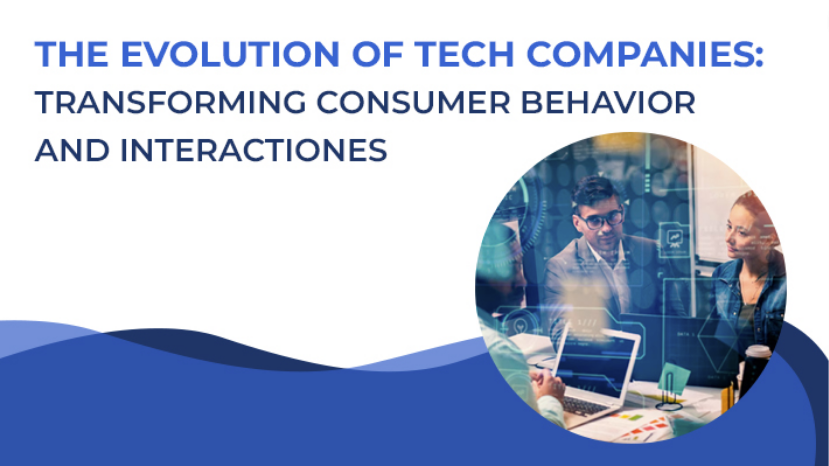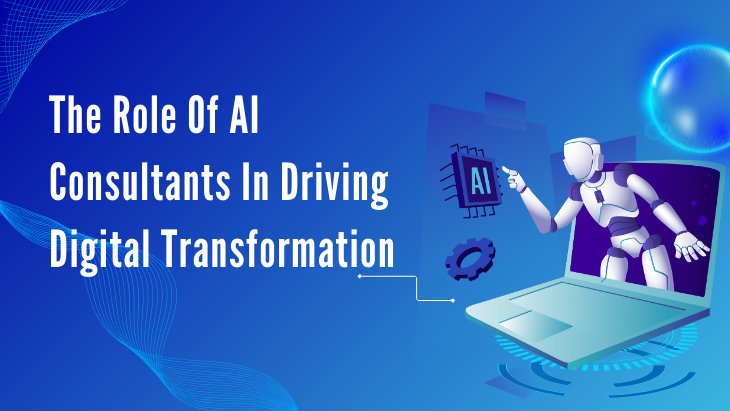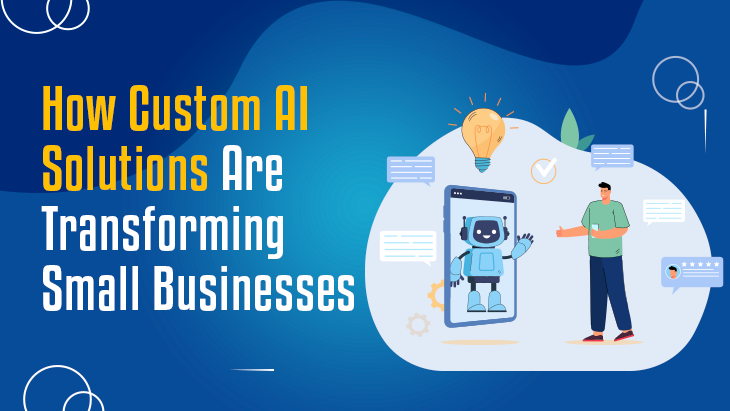The advent of technology has brought about a seismic shift in the way we consume information, products, and services, as well as how we interact with the world around us. Tech companies, ranging from industry giants to startups, have played a pivotal role in shaping this transformation. This article explores the multifaceted ways in which tech companies are influencing and reshaping the landscape of consumer behavior and interaction.
Introduction:
The rapid evolution of technology has ushered in an era of unprecedented connectivity and convenience. Tech companies, propelled by innovations in artificial intelligence, mobile computing, and the internet of things, have become instrumental in redefining the dynamics of how individuals engage with content and each other. This article delves into the diverse ways tech companies are altering the fabric of our daily lives, focusing on key aspects such as information consumption, commerce, social interaction, and the blurring lines between the physical and digital realms.
I. Changing Landscape of Information Consumption:
A. Personalized Content Delivery:
Tech companies have revolutionized the way we consume information by leveraging sophisticated algorithms and machine learning. Personalized content delivery systems analyze user behavior, preferences, and historical data to curate customized content experiences. This shift from traditional broadcasting to tailored content has not only enhanced user engagement but also raised concerns about filter bubbles and the echo chamber effect.
B. Rise of Streaming Services:
The entertainment industry has witnessed a paradigm shift with the rise of streaming services. Tech giants like Netflix, Amazon Prime, and Disney+ have disrupted traditional television models, allowing users to consume content on-demand. This shift has not only transformed viewing habits but has also influenced content creation, with original programming becoming a significant driver of subscriber growth.
II. Transforming Commerce:
A. E-Commerce and Online Marketplaces:
Tech companies have played a pivotal role in the evolution of commerce, with the rise of e-commerce platforms and online marketplaces. Companies like Amazon and Alibaba have redefined retail, providing consumers with a vast array of products accessible from the comfort of their homes. The integration of artificial intelligence in recommendation engines and chatbots has further personalized the shopping experience, making it more efficient and user-friendly.
B. Contactless Payments and FinTech:
The digital transformation of finance has been spearheaded by tech companies venturing into the realm of financial technology (FinTech). Contactless payments, mobile wallets, and cryptocurrency transactions have become mainstream, offering users seamless and secure alternatives to traditional banking. The convergence of technology and finance has not only streamlined transactions but has also challenged traditional banking models.
III. Redefining Social Interaction:
A. Social Media Platforms:
Tech companies have been instrumental in shaping the landscape of social interaction through the proliferation of social media platforms. Platforms like Facebook, Instagram, Twitter, and TikTok have become integral parts of daily life, connecting individuals across geographical boundaries. The impact of social media on communication, self-expression, and information dissemination is profound, but concerns about privacy, misinformation, and digital well-being have emerged as significant challenges.
B. Virtual Reality and Augmented Reality:
The advent of virtual reality (VR) and augmented reality (AR) technologies is pushing the boundaries of social interaction. Tech companies are investing heavily in VR and AR applications, creating immersive environments for users to connect, collaborate, and experience content in novel ways. From virtual meetings to augmented reality gaming, these technologies are blurring the lines between physical and digital spaces.
IV. Integration of the Physical and Digital Realms:
A. Internet of Things (IoT) and Smart Devices:
The proliferation of IoT devices and smart technologies is bridging the gap between the physical and digital worlds. Tech companies are creating interconnected ecosystems where everyday objects, from refrigerators to cars, are equipped with sensors and connectivity. This integration enhances efficiency, convenience, and data-driven decision-making but raises concerns about privacy and security.
B. Wearable Technology:
The rise of wearable technology, such as smartwatches and fitness trackers, exemplifies the convergence of the physical and digital realms. Tech companies are developing devices that not only monitor health and fitness but also facilitate seamless communication and access to information. The continuous monitoring of personal data, however, raises ethical considerations regarding privacy and data ownership.
Conclusion:
In conclusion, tech companies are at the forefront of shaping the way we consume information and interact with the world. From personalized content delivery and the transformation of commerce to redefining social interaction and integrating the physical and digital realms, the impact of technology is profound and far-reaching. While these advancements bring about unprecedented convenience and connectivity, they also pose challenges related to privacy, security, and the ethical use of data. As we navigate this ever-evolving landscape, it is essential to critically examine the implications of technological advancements and strive for a balance between innovation and responsible use.
















Post Comments